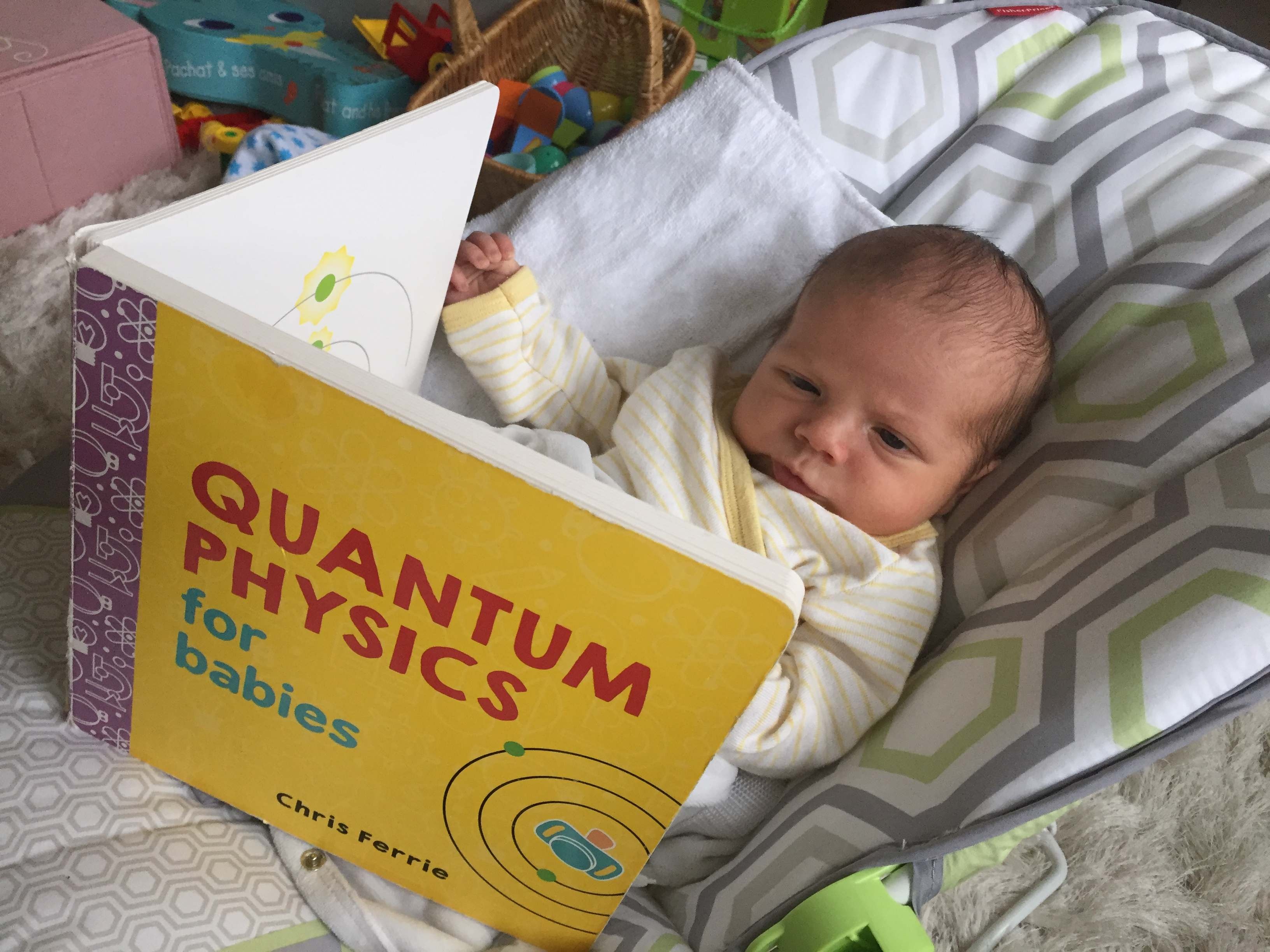In the Ari [Rav Isaac Luria] we find a few people whose souls were from Emanation--or what would be called "Divine".
But this only really works if you have a Neo-Platonic world view. In some sense this does not really fit with Aristotle.
[But even with Neo Platonic Thought in itself there are plenty of problems reconciling Christian beliefs. and that is the reason I think Aquinas went to Aristotle.]
In any case what prompted this blog entry is I saw this blog jesus-god-and-an-inconsistent-triad/
and I see that there is a great deal of debate about this.
A further way to deal with this is Kant-simply to say that when Reason ventures into the realm of the dinge an sich [the thing in itself] it gets caught in self contradictions.
In any case I have not thought that believing in the Trinity is in itself any great problem because of the Talmud about the Barber that gave a haircut to Sanherib [I forget the page but I think it is around pages from 98-101. But I might be wrong. In any case it is somewhere in that area] and also the Tosphot in Avoda Zara which deals with this exact issue. [Not that I understood Tosphot very well, but I made a point of learning it with my learning partner so that I at least get it as well as possible. From what I recall there were a few different ways that Tosphot deals with it.]
[I would normally not be writing on such a contentious issue if I would be having more time to learn Gemara and Rav Shach. But as you know things have been in chaos with me since May and especially my recent arrest. So I suppose it might take some time until I can get down to be doing any kind of serious learning of Gemara or the Avi Ezri for some time--until a miracle appears.]
It is a well known fact, amply borne out by the history of the discussion of the topic, that as soon as one goes beyond the automatic recital of traditional creedal phrases one inevitably leans either in the direction of modalism – the “persons” are simply the different aspects of the divine being and/or activity – or tritheism – there are really three Gods, albeit very intimately connected in some way. (“Swinburne and Christian Theology,” International Journal for Philosophy of Religion, 41 (1997) , p. 54).
But this only really works if you have a Neo-Platonic world view. In some sense this does not really fit with Aristotle.
[But even with Neo Platonic Thought in itself there are plenty of problems reconciling Christian beliefs. and that is the reason I think Aquinas went to Aristotle.]
In any case what prompted this blog entry is I saw this blog jesus-god-and-an-inconsistent-triad/
and I see that there is a great deal of debate about this.
A further way to deal with this is Kant-simply to say that when Reason ventures into the realm of the dinge an sich [the thing in itself] it gets caught in self contradictions.
In any case I have not thought that believing in the Trinity is in itself any great problem because of the Talmud about the Barber that gave a haircut to Sanherib [I forget the page but I think it is around pages from 98-101. But I might be wrong. In any case it is somewhere in that area] and also the Tosphot in Avoda Zara which deals with this exact issue. [Not that I understood Tosphot very well, but I made a point of learning it with my learning partner so that I at least get it as well as possible. From what I recall there were a few different ways that Tosphot deals with it.]
[I would normally not be writing on such a contentious issue if I would be having more time to learn Gemara and Rav Shach. But as you know things have been in chaos with me since May and especially my recent arrest. So I suppose it might take some time until I can get down to be doing any kind of serious learning of Gemara or the Avi Ezri for some time--until a miracle appears.]
It is a well known fact, amply borne out by the history of the discussion of the topic, that as soon as one goes beyond the automatic recital of traditional creedal phrases one inevitably leans either in the direction of modalism – the “persons” are simply the different aspects of the divine being and/or activity – or tritheism – there are really three Gods, albeit very intimately connected in some way. (“Swinburne and Christian Theology,” International Journal for Philosophy of Religion, 41 (1997) , p. 54).

